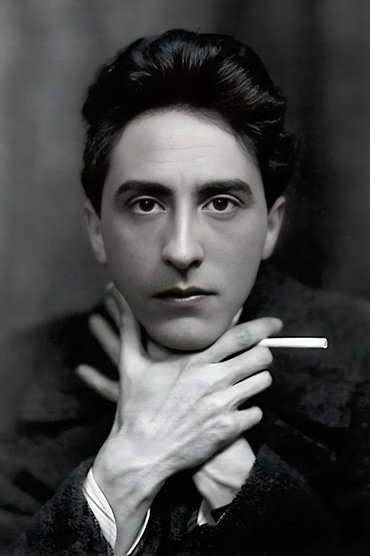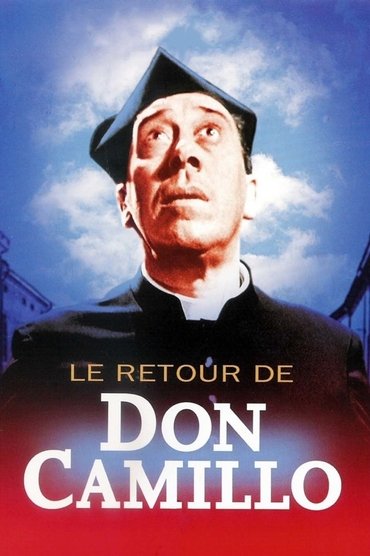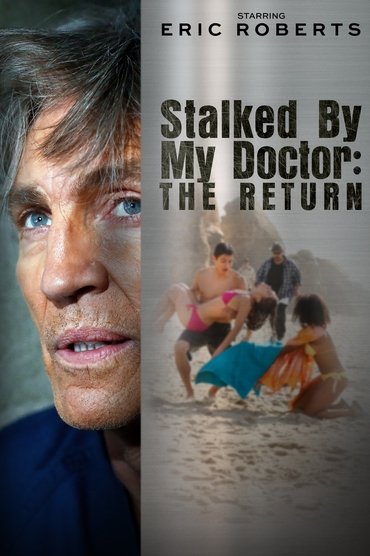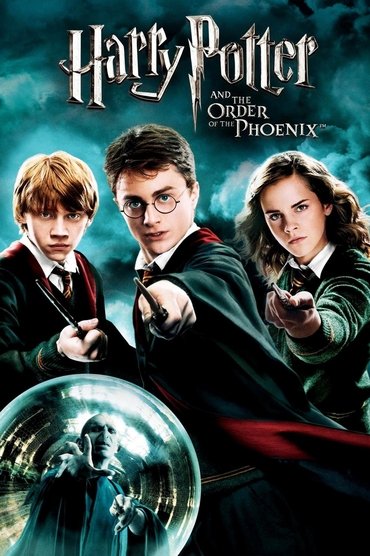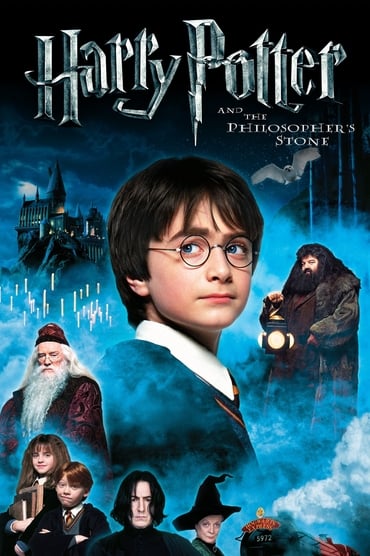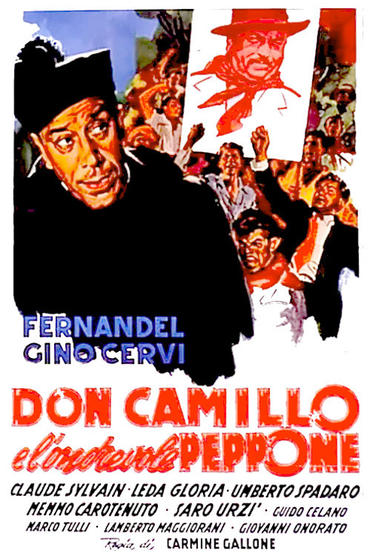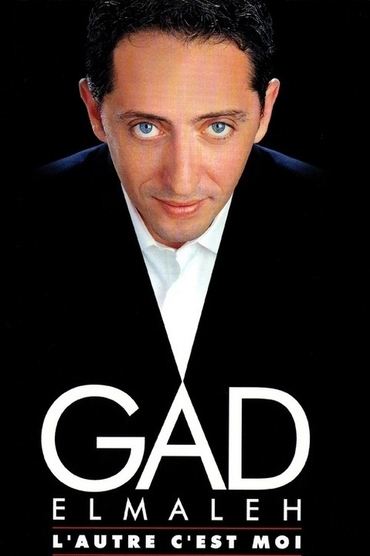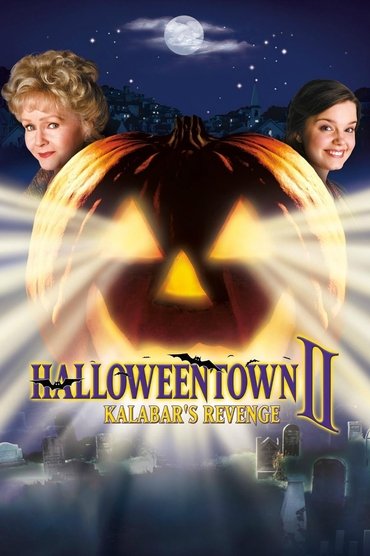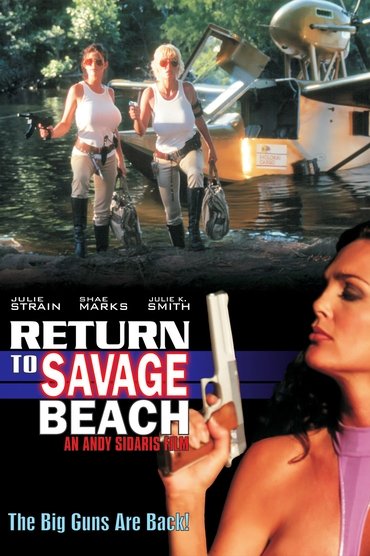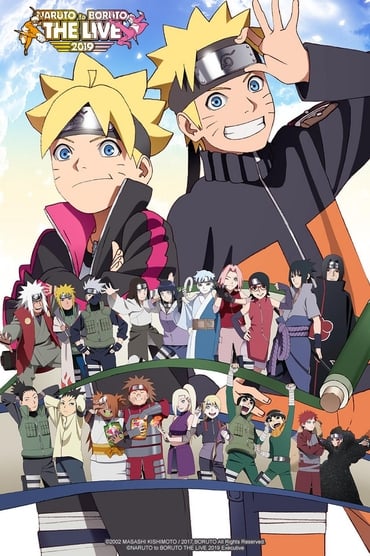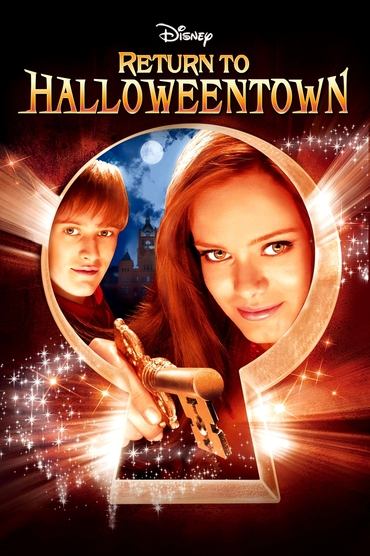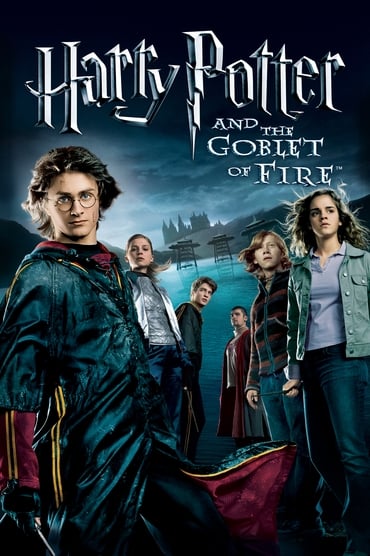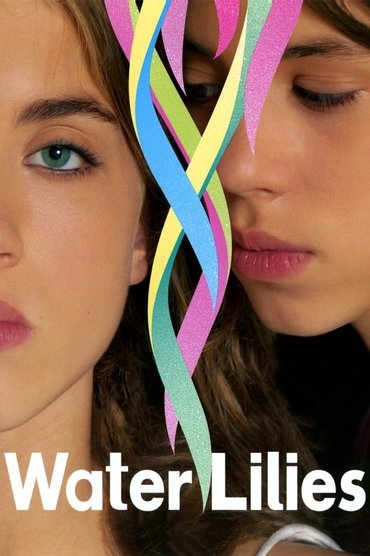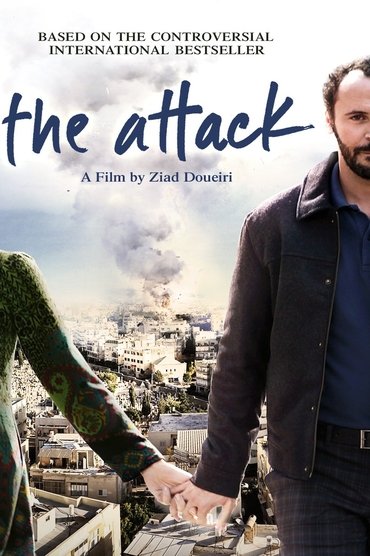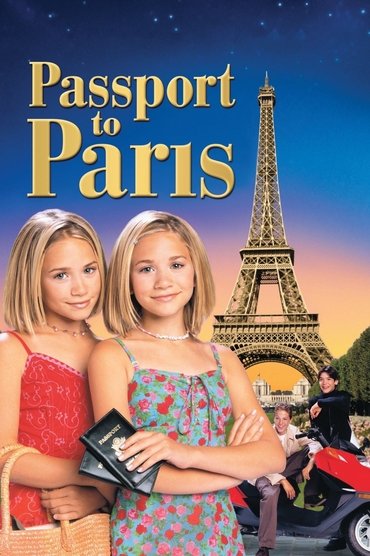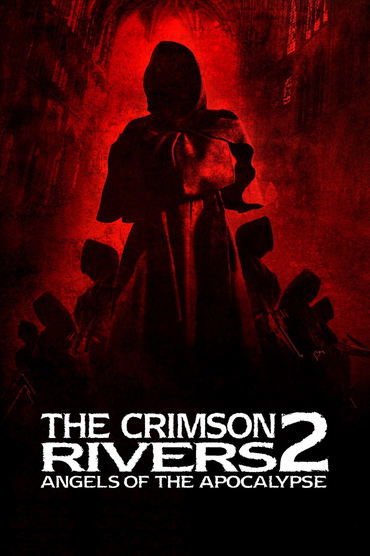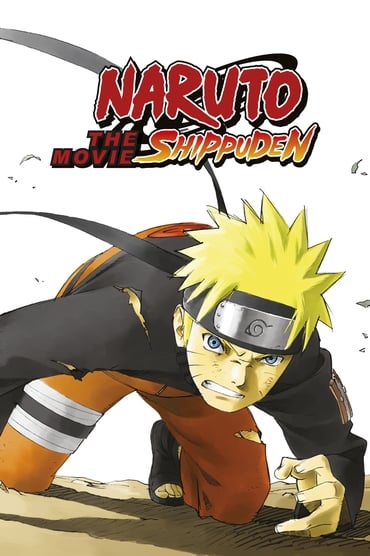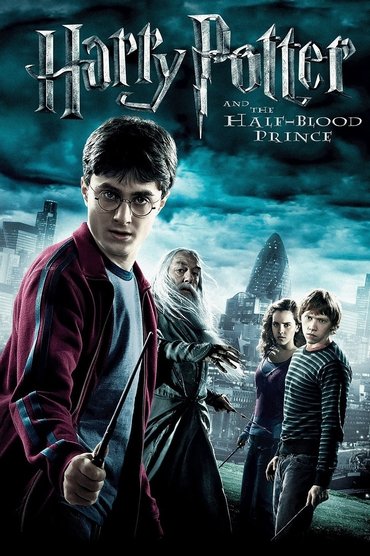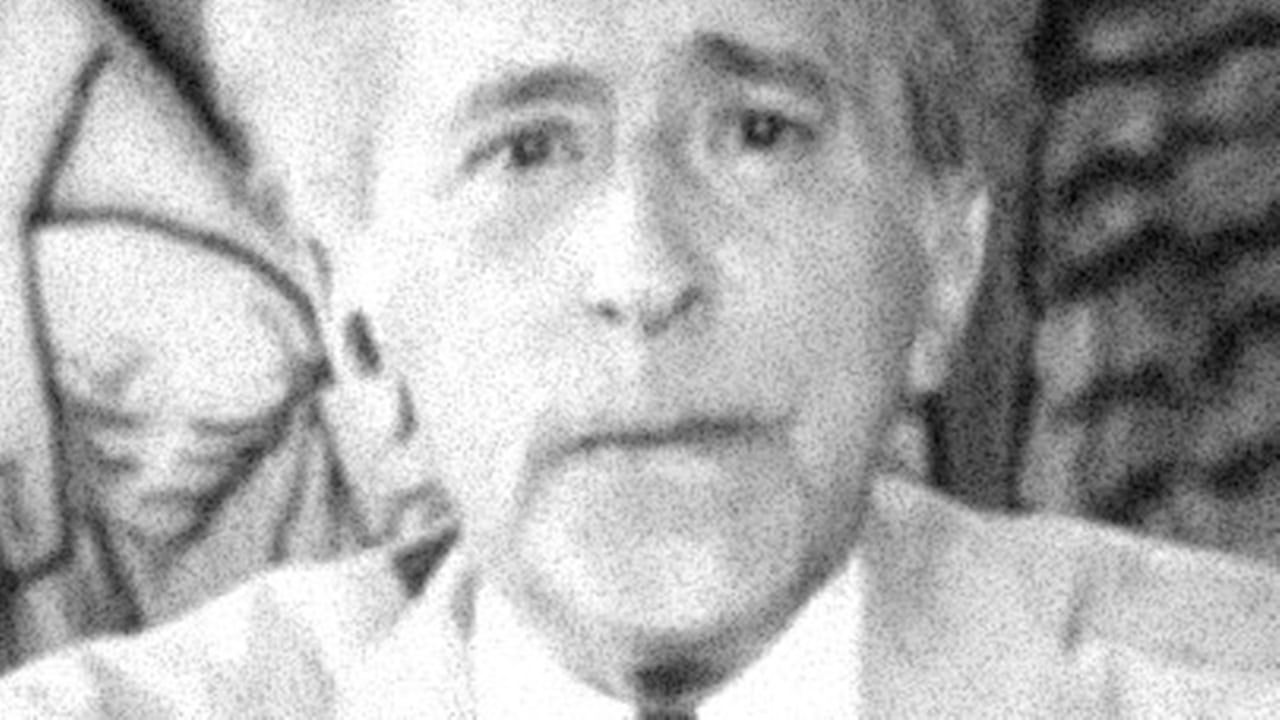
Jean Cocteau Addresses the Year 2000
5 Reviews
In August 1963, just a couple of months before his death, Jean Cocteau made one last short film. The film comprises one still and highly sober shot of Cocteau facing the camera head-on to address the youth of the future. Once recorded, this spoken message for the 21st century was sealed and stored with the understanding that it would be opened only in the year 2000. As it turned out, it was discovered and exhumed a few years shy of that date. Where in The Testament of Orpheus Cocteau portrays himself as a living anachronism, a lonesome classical modernist loitering in space-time while lost in the spectral light of his memories, here he acknowledges explicitly the irony of his phantom-like state. By the time the viewer sees this image, he, J. C., our saviour Poet, will long be dead.
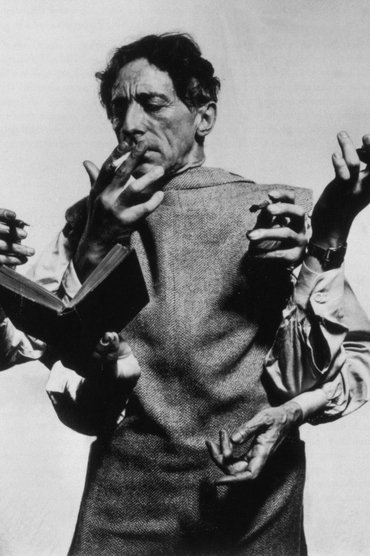
Storyline
In August 1963, just a couple of months before his death, Jean Cocteau made one last short film. The film comprises one still and highly sober shot of Cocteau facing the camera head-on to address the youth of the future. Once recorded, this spoken message for the 21st century was sealed and stored with the understanding that it would be opened only in the year 2000. As it turned out, it was discovered and exhumed a few years shy of that date. Where in The Testament of Orpheus Cocteau portrays himself as a living anachronism, a lonesome classical modernist loitering in space-time while lost in the spectral light of his memories, here he acknowledges explicitly the irony of his phantom-like state. By the time the viewer sees this image, he, J. C., our saviour Poet, will long be dead.
Released
1962
Runtime
25min
Director
Status
Released
Language
French
Genre


